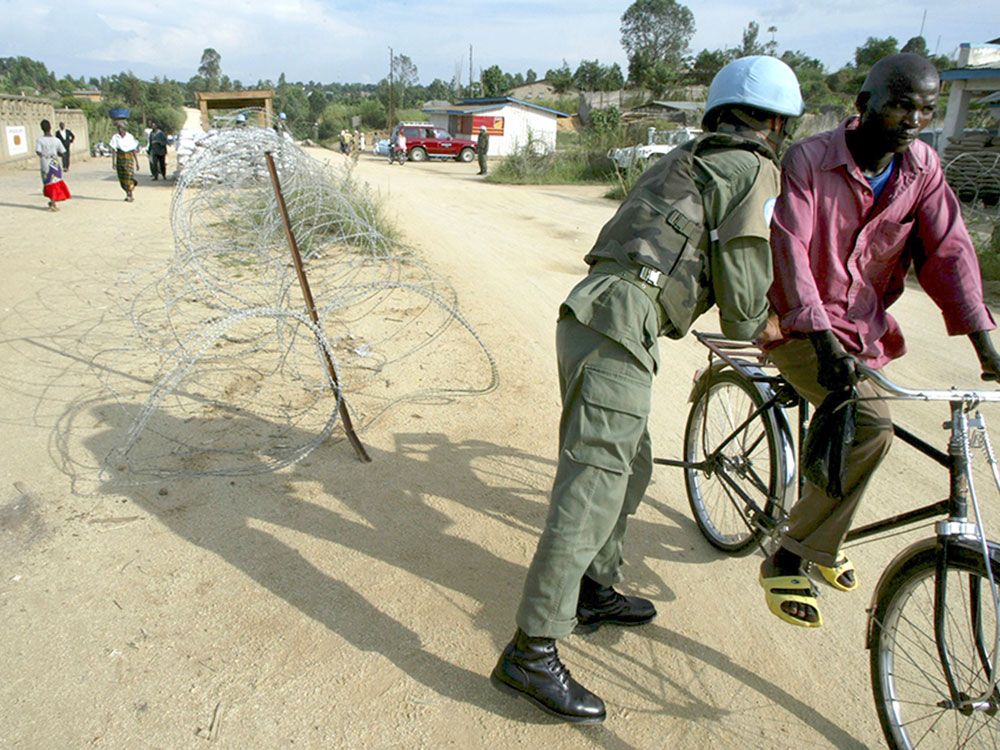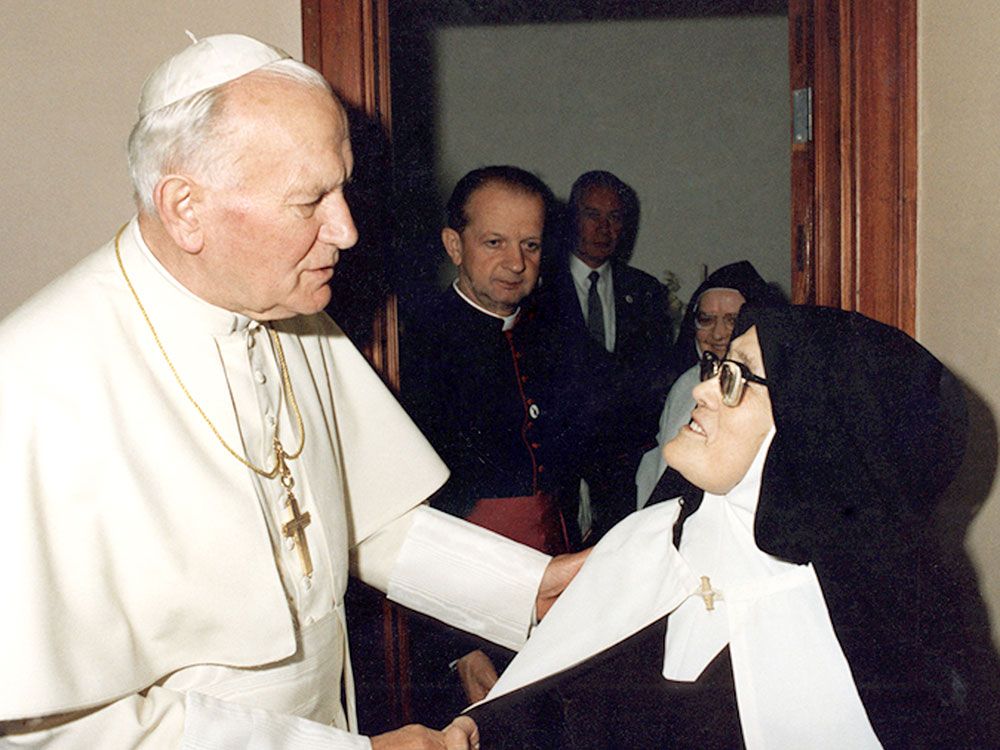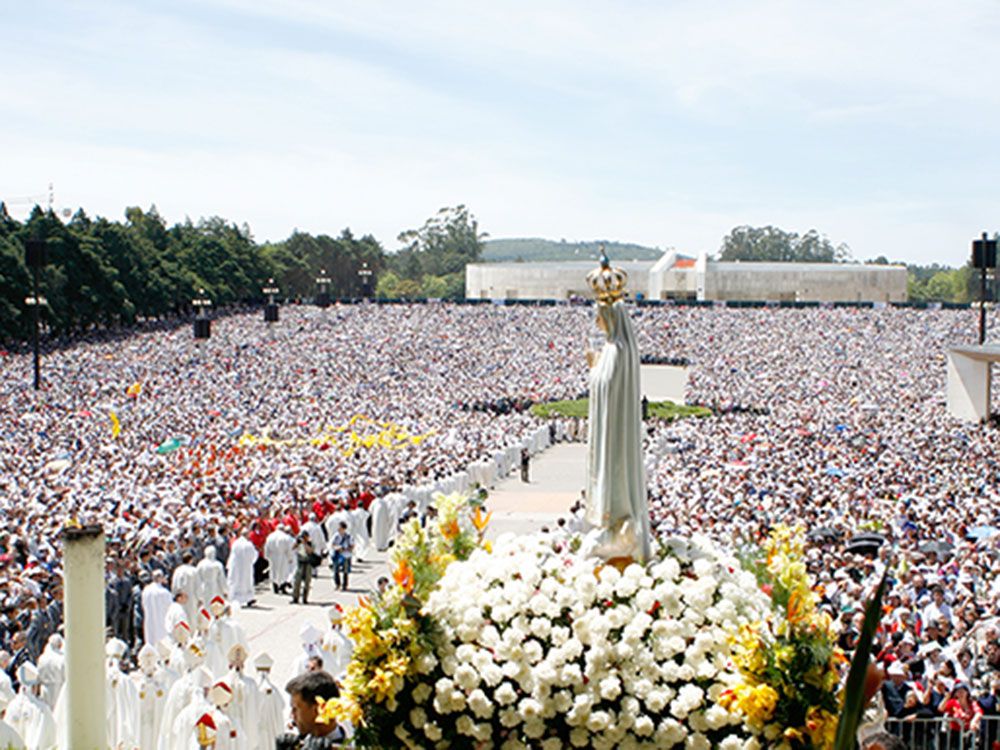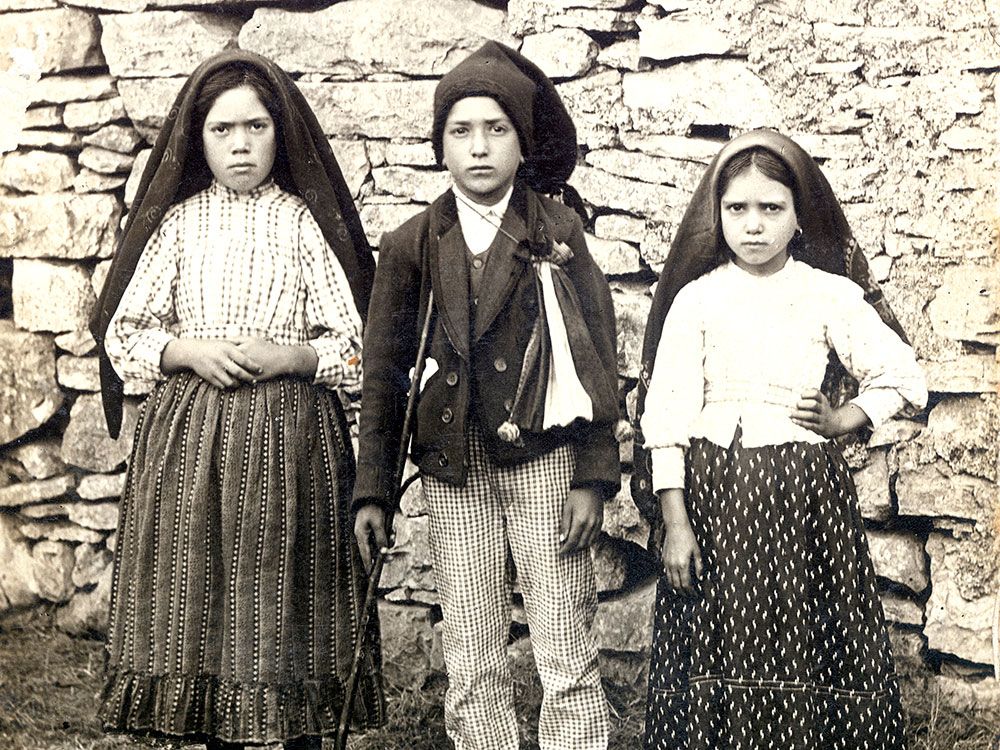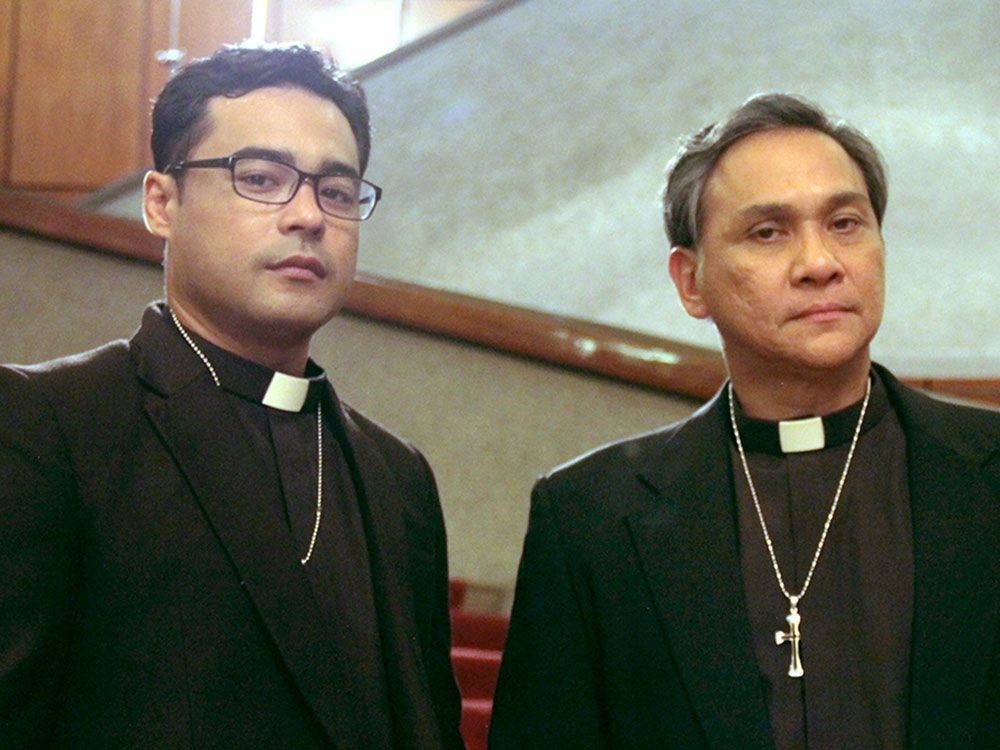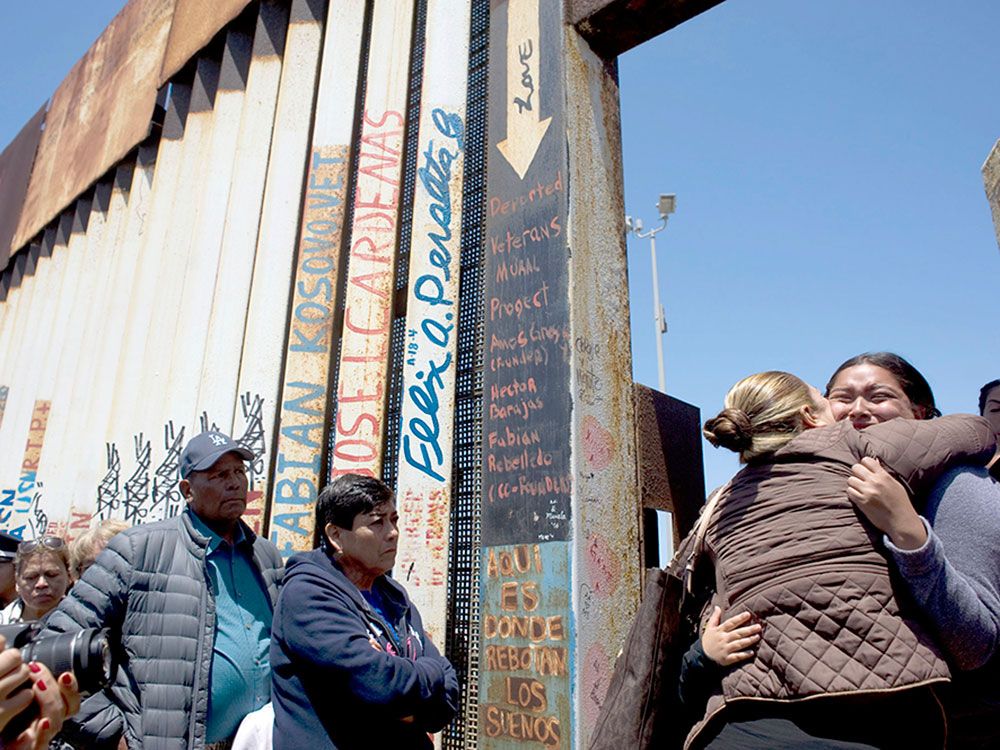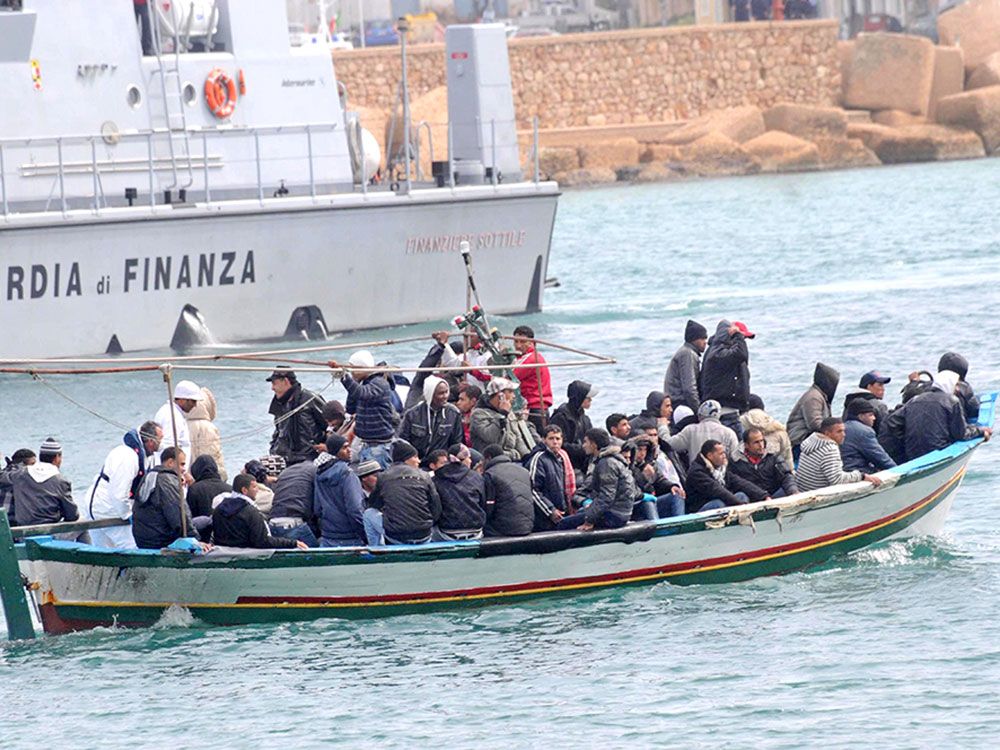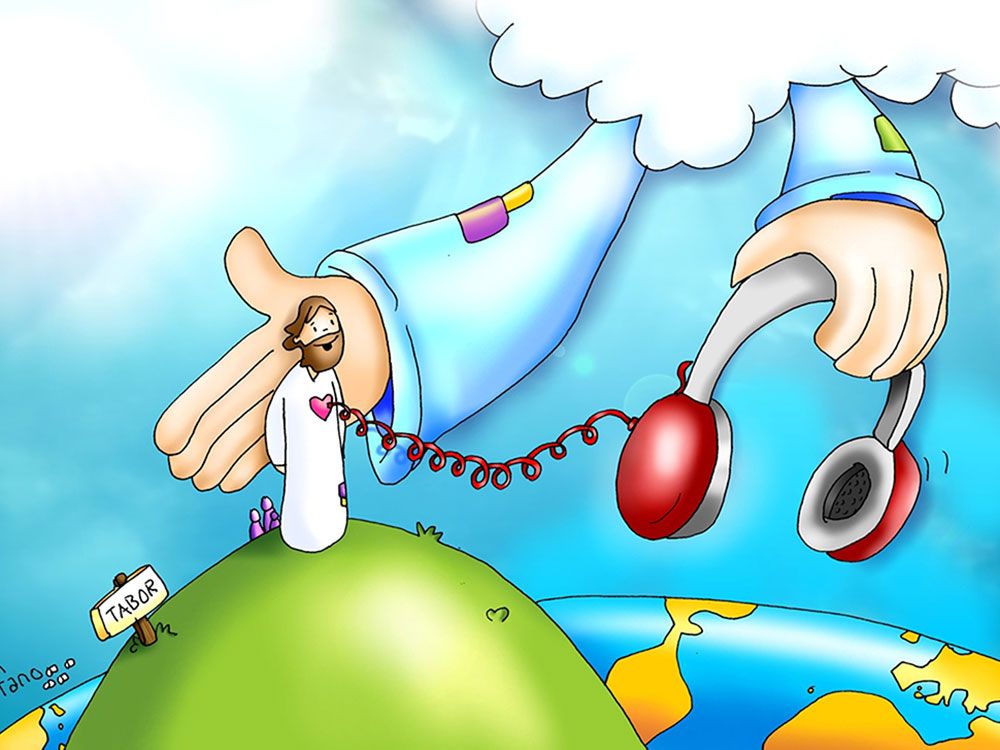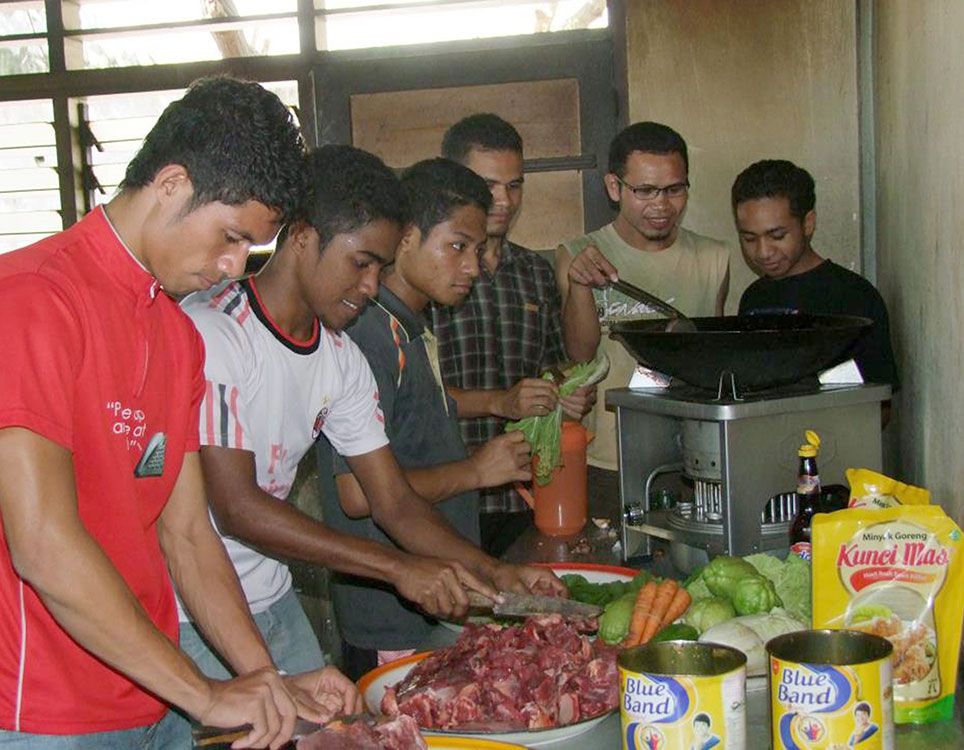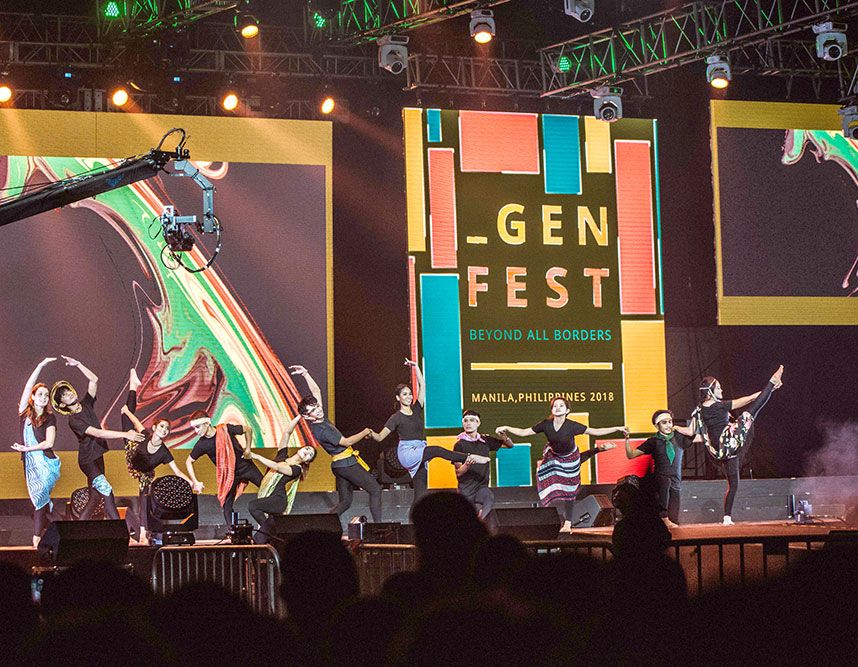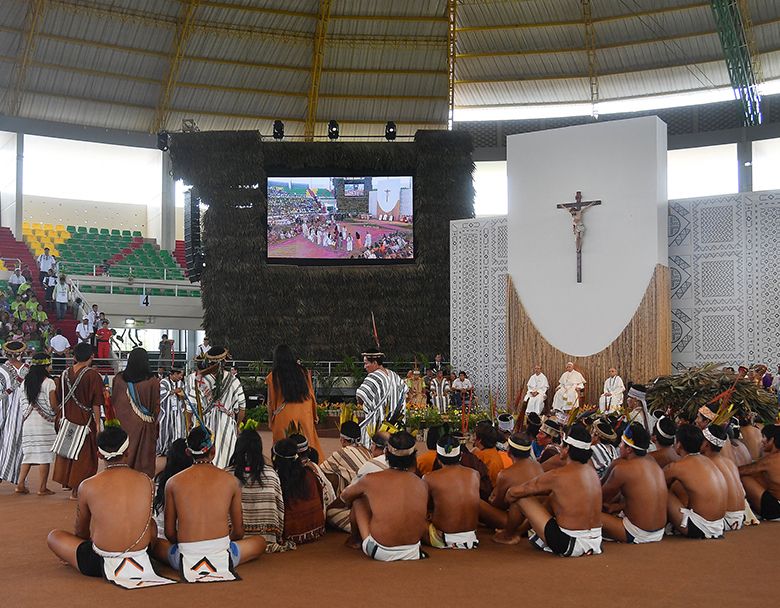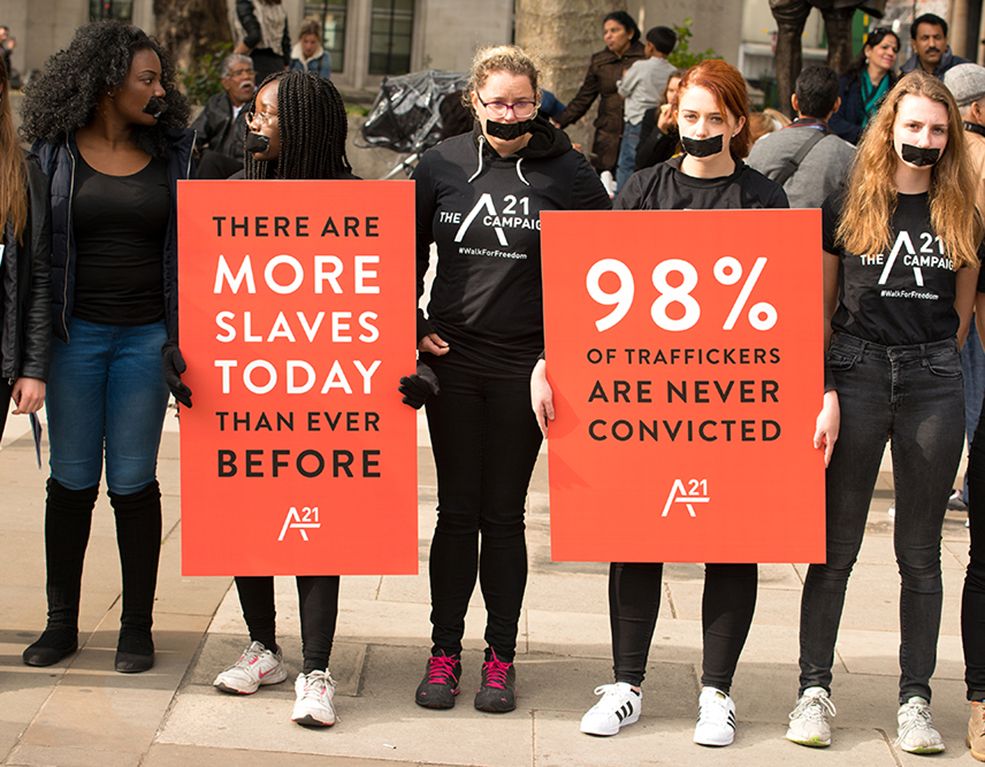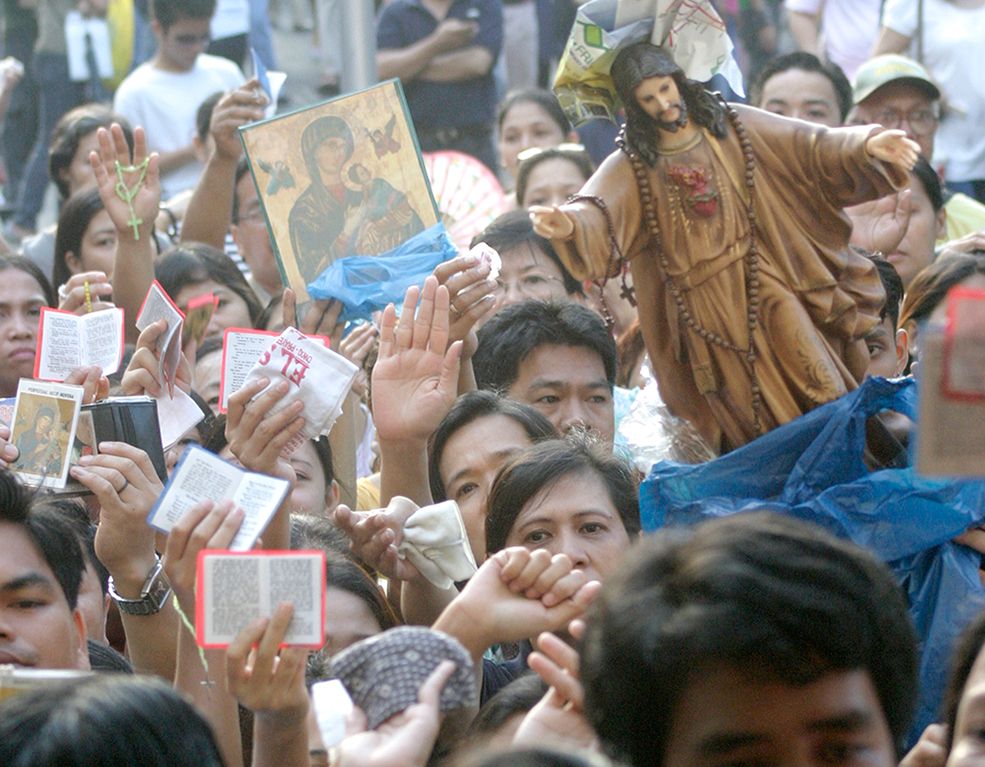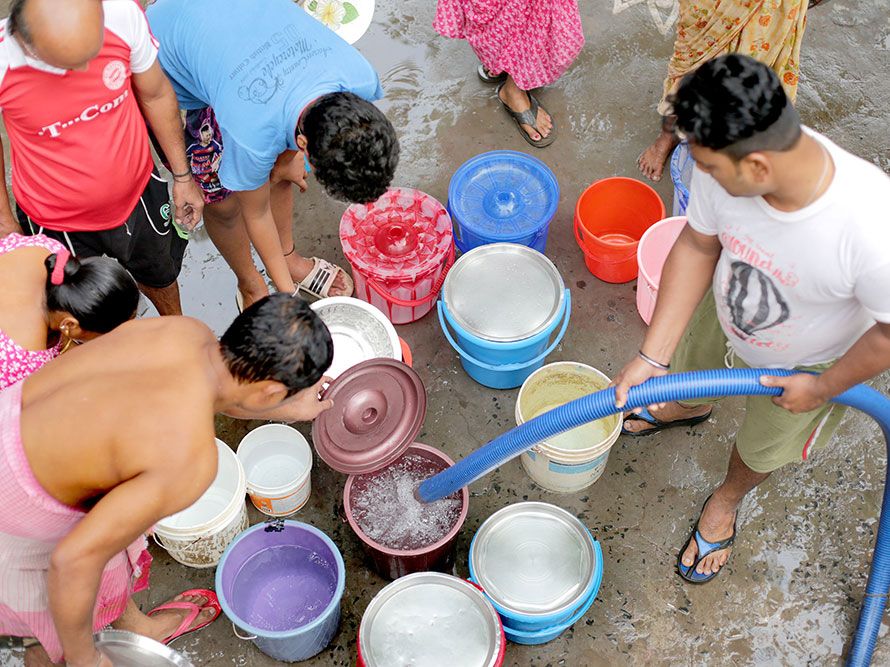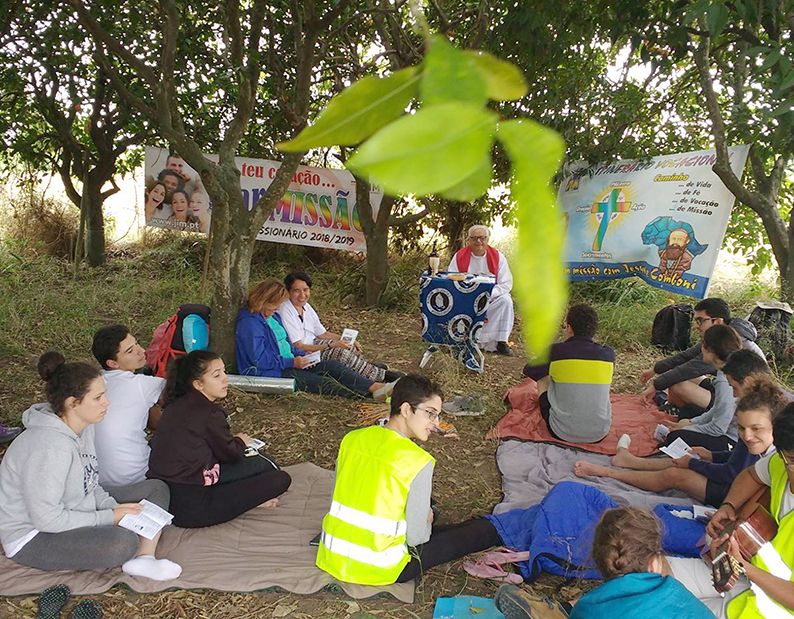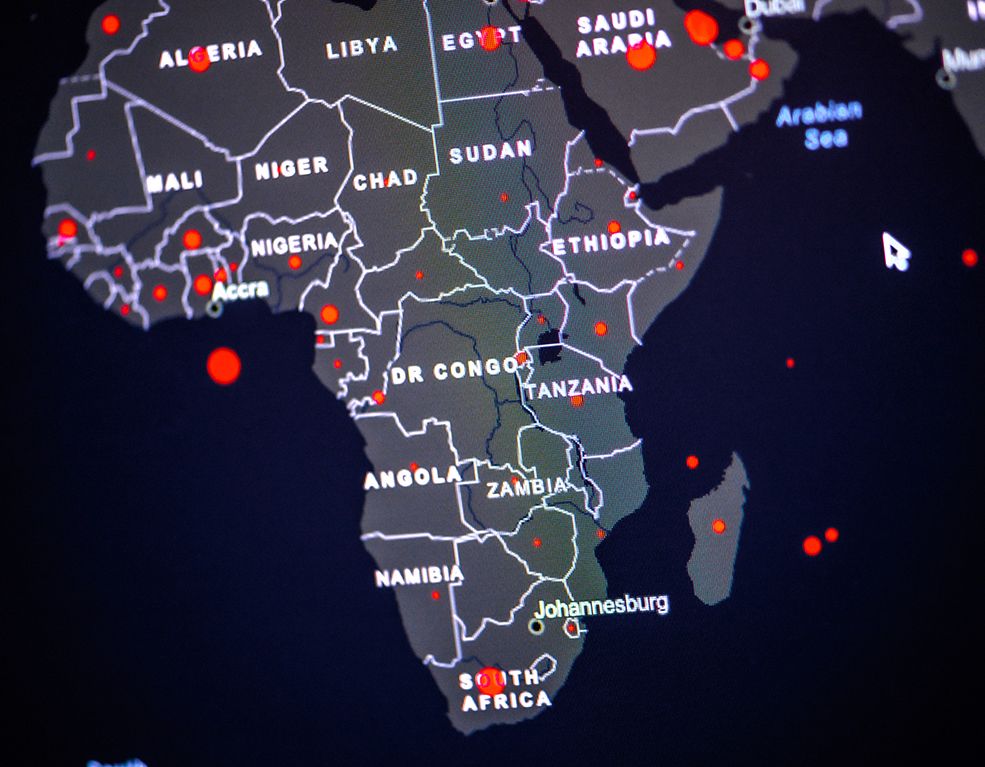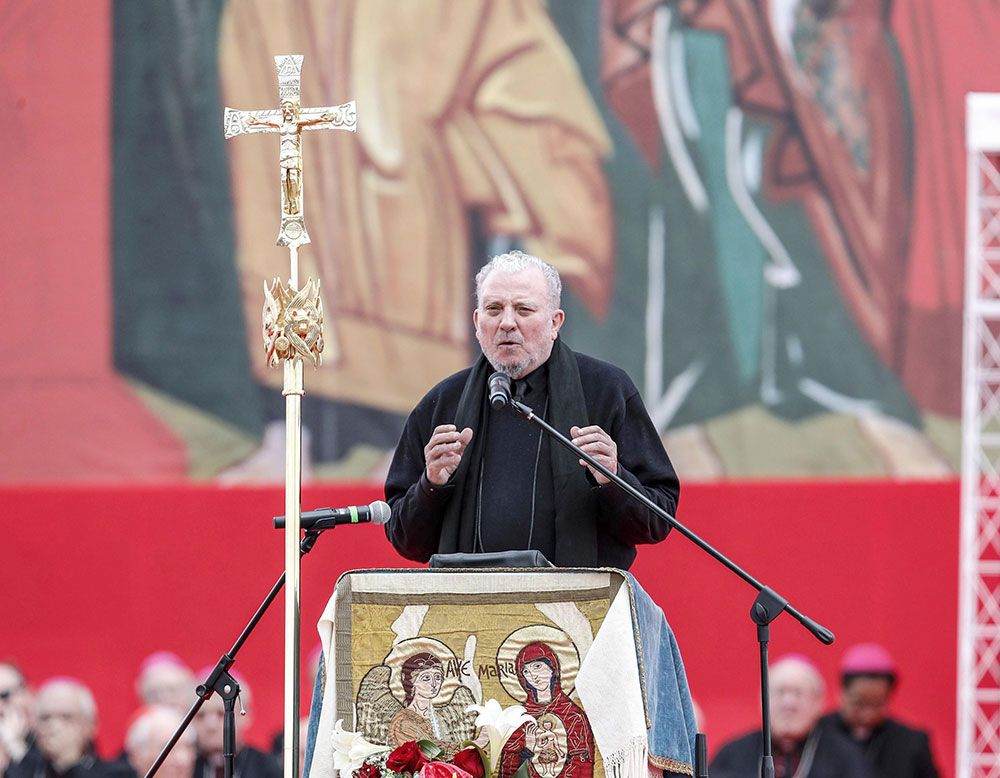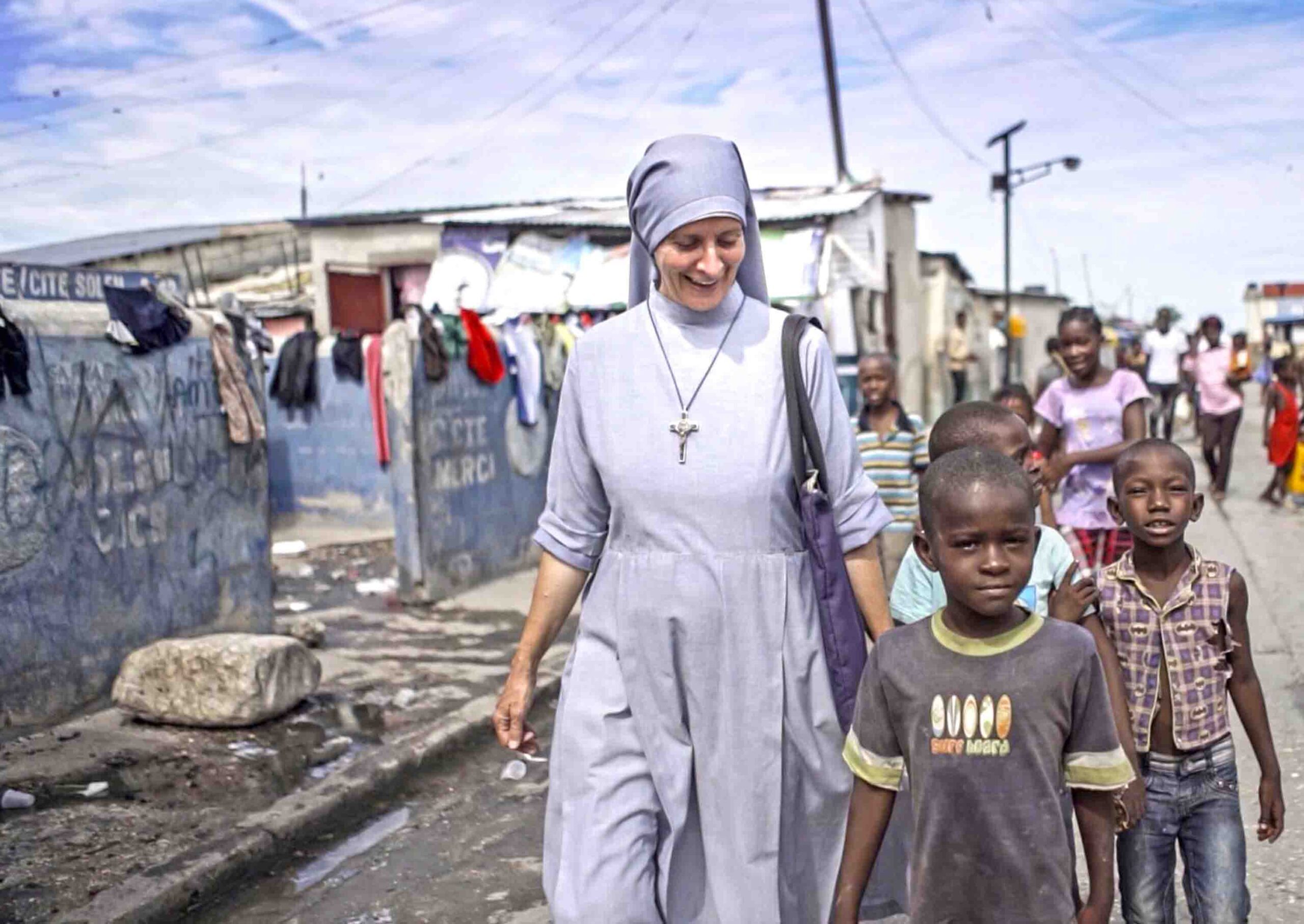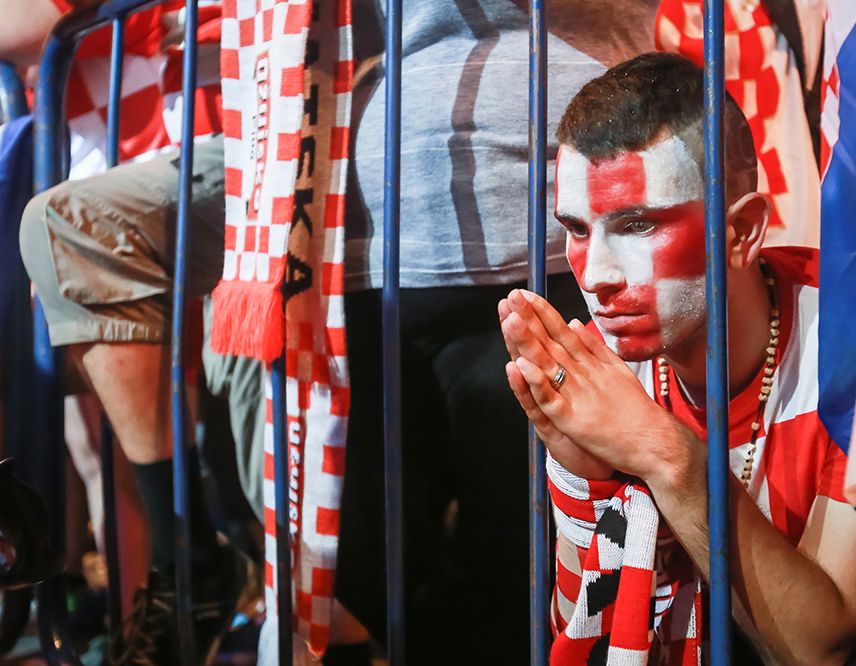Day by day, the situation in the Democratic Republic of Congo is becoming more dramatic. From there, news of violence and massacres keep on coming. Pope Francis made an appeal, assuring his “closeness to that country,” and has exhorted all to “pray for peace so that the hearts of the perpetrators of such crimes may not remain enslaved by hatred and violence which always bring havoc.”
The most affected province is Kasai, situated east of the capital Kinshasa. The clashes started around the middle of August 2016, when the government troops killed the tribal chief and leader of the local militia, Kamwina Nsapu (from whom the rebel group has taken its name), who was against President Joseph Kabila.
The latter, having reached the end of his second mandate, intends to stay in power notwithstanding the Constitution that forbids a third mandate. For the moment, he keeps postponing the elections, alleging as reason the very episodes of unrest taking place in the country.
The bloodiest episode of this inner conflict goes back to end of March, when detachments of Kasai rebels ambushed a military convoy, disarmed the policemen and killed forty of them by beheading. Six policemen were spared because they were Thsiluba speakers, the local dialect. In the clash, political and ethnic components, as well as local and regional motivations, are intertwined.
Separatist movements
The Kasai rebellion has already caused hundreds of dead and at least two hundred thousand displaced people within the country. It is not the only instance in the Democratic Republic of Congo: secessionist movements are present in the rich province of Katanga in the South; disorders are also happening in the Eastern region, in the northern, as well as the southern part of Kivu, to the North in Ituri. We must not forget, in this context, that Congo’s immense territory still holds enormous natural wealth.
According to well-informed sources, and witness reports that come from the local Church, in the whole Kasai, these days, murders and decapitations are happening against the rebels. President Kabila himself is alleged to have sent high army exponents with the aim of infiltrating the rebels in order to boycott their plans. Since that plan failed, true cut-throats were sent who have put in operation a project of mass beheading to the total silence of the government.
The Church itself was called to pay for this climate of violence in its properties and in the persons who represent it. In the past days, in the capital Kinshasa, soldiers have sacked the Bishop’s House, destroyed the Sisters’ Convent and the Minor Seminary. We don’t know where the Sisters are hiding and where the Bishop is taking refuge. The soldiers broke into the local university where some Catholic priests are teaching and have kidnapped some students.
Appeal of priests
In order to denounce this explosive situation and break the media silence about what is happening in Congo, some members of the clergy have forwarded their appeals and witness. Father Mandefu, a teacher of Kananga University, writes in Facebook: “Until truth is made about the mournful happenings, which for almost a year now are bleeding Kasai, my profile will remain black as a sign of protest.”
“Until the United Nations and all the international human rights organizations will have access to Kasai to pursue a detailed inquest in order to establish the responsibilities of this massacre and to severely punish both the intellectual and the material authors, this profile will remain black.”
“I denounce, with indignation, the slaughter of the Kasai youth, a slaughter which appears to have been planned and organized for reasons which only those actually in power know and which only an independent inquiry can explain. Too much is too much. Enough. Like all the peoples of the world, in the same way also Kasai has the right to live, independently of its own opinion, and must not continue to be submitted to the holocaust which is now imposed on it.”
Another appeal from Father Jannod, he himself a teacher at Kananga University: “The soldiers came to take my students,” he denounces. “I told the general that they were just busy studying! But he retorted that he was considering them rebel militiamen.”
Fr. Giulio Albanese, a great expert on Africa, writes about the Kasai happenings in Facebook: “It is devastating what is happening there and the international community keeps ignoring it as if nothing was happening. If we do not explain to our people what is happening today in sub-Sahara Africa, the prejudice will keep growing about the waste of a suffering humanity.” First published in Avvenire

